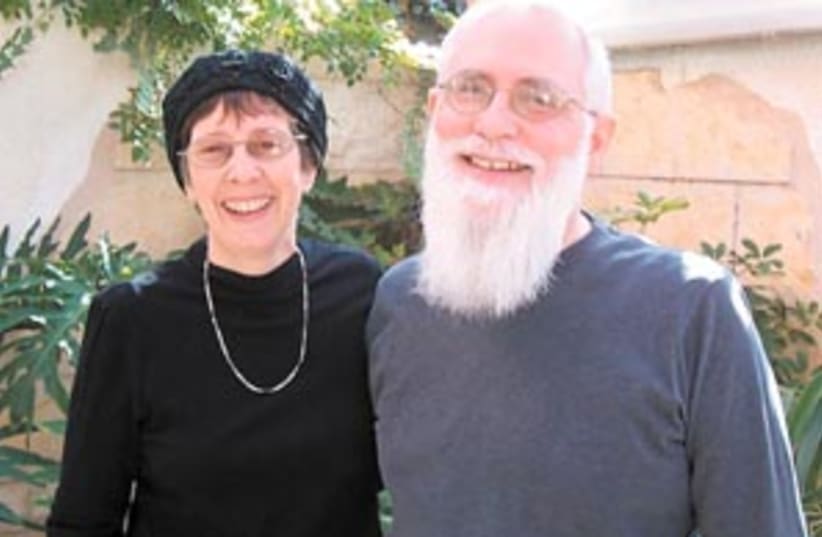| More about: | Milwaukee, Beersheba, Arrival (Aviatic album), Detroit |
Arrivals: From Milwaukee to Beersheba
When Chana and David Rubin moved to Israel from Milwaukee in 2003, their company, Negev Direct Marketing, Inc., made aliya as well.


| More about: | Milwaukee, Beersheba, Arrival (Aviatic album), Detroit |